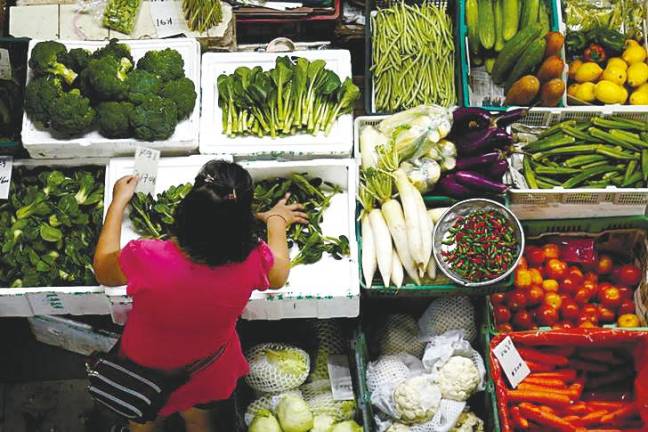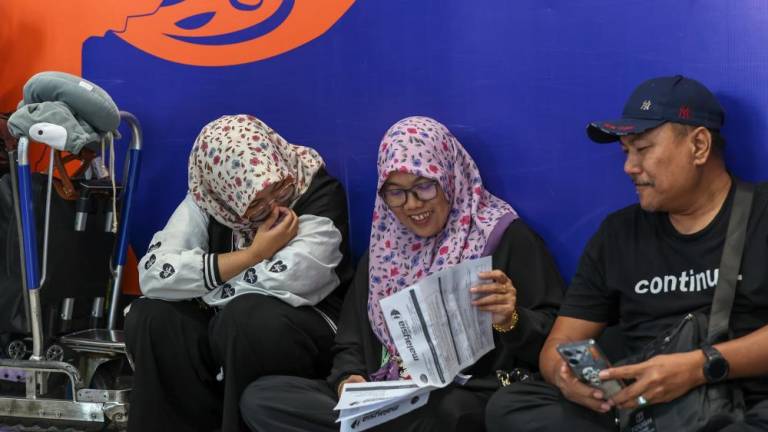PETALING JAYA: Malaysia’s deflation risk remains as a 2.9% drop was reported in the consumer price index (CPI) for May, marking a third consecutive month of deflation amid the movement control order (MCO) according to analysts.
UOB Research stated subdued global oil prices, elevated unemployment and competitive pricing via online platforms all helped to keep price pressures in check.
It also noted further electricity discounts would deflate headline CPI further.
“But we noted a sustained rise in prices of essential items, including food and rental, against declines in private sector nominal wages (anecdotal reports between 15% and 50%),” it said in a report.
It calculated if the large drops in fuel and electricity is excluded with only essential components considered, this implies a steeper drop in real wages.
With that the research house maintained its projection for the year at -0.5%, compared with a Bank Negara Malaysia (BNM) forecast range of -1.5% to 0.5% with the volatile global oil prices being a wildcard.
UOB also argued that despite the deflation risk, there is no reason to have a further cut to the overnight policy rate, as the 100-basis-point cut has left investors searching for higher returns, which led to the spike in domestic retail participation in the local bourse.
It noted other factors such as the progressive implementation of fiscal measures since April, the reopening of economic sectors since May and a sustained flattening of the infection curve also suggests that rates will remain on hold.
Meanwhile, BIMB Research is forecasting a 0.7% inflation rate for the year as it expects headline inflation to continue to stay muted for the rest of the year amid a decline in domestic real GDP and a slump in global crude oil price.
“Judging from the recent trend, our full year forecast for 2020 appears to be on the high side as there is the risk of full-year deflation.
“However, we would want to wait for further evidence, especially in the context of possible rise in the retail fuel prices,” said the research house.
It noted that Brent crude prices have started to stabilise and has been hovering above US$40 (RM170.80) per barrel.
Global crude oil demand could pick up its pace in the second half of the year, and as a result the cost of transportation could increase slightly, causing the CPI to rise again.
BIMB Research views deflation pressures gradually dissipating in 2H’20, given the gradual lifting of the MCO.
“We expect a pick-up in retail sales as retail businesses, F&B dine-ins, personal health and wellness, and public places such as parks and facilities are allowed to re-open,” it said.
Meanwhile, it opined that higher food prices will likely be here to stay, contributing to the rise in imported inflation for the rest of 2020.
The CPI for May 2020 declined 2.9% to 117.9 against 121.4 in the same month last year, led by the decline in transport, housing, water, electricity, gas and other fuels, clothing and footwear, and furnishings, household equipment and routine household maintenance components.
The CPI for the period of January to May 2020 decreased 0.7% as compared with the same period last year, attributed to transport (-9.1%) and clothing & footwear (-1.2%).













